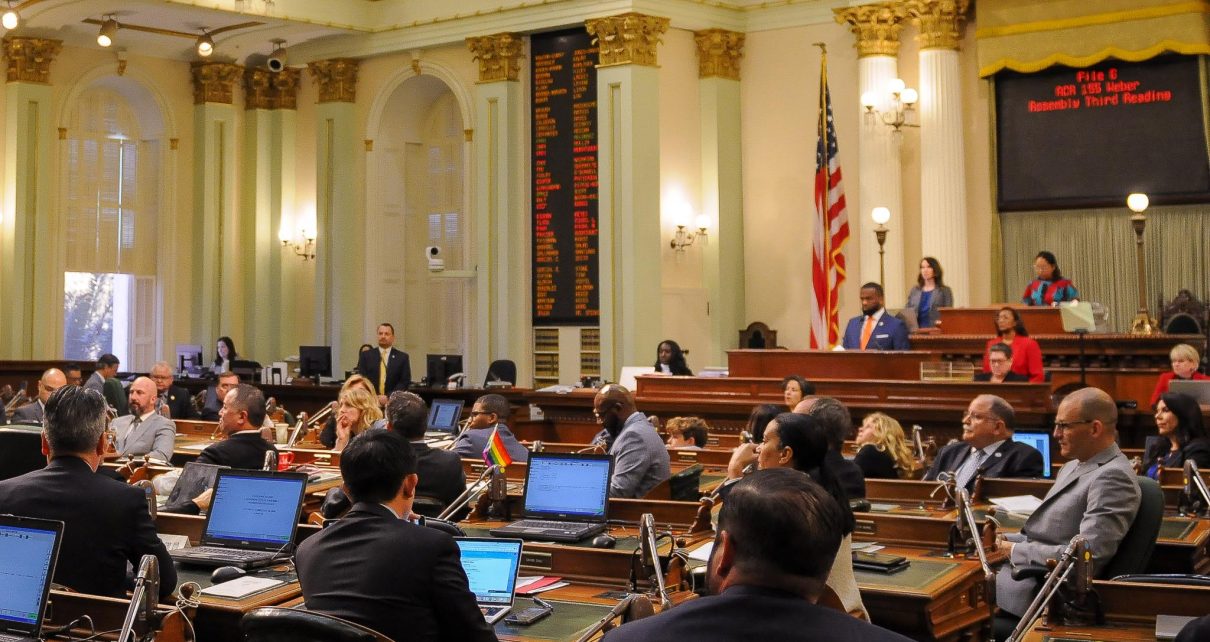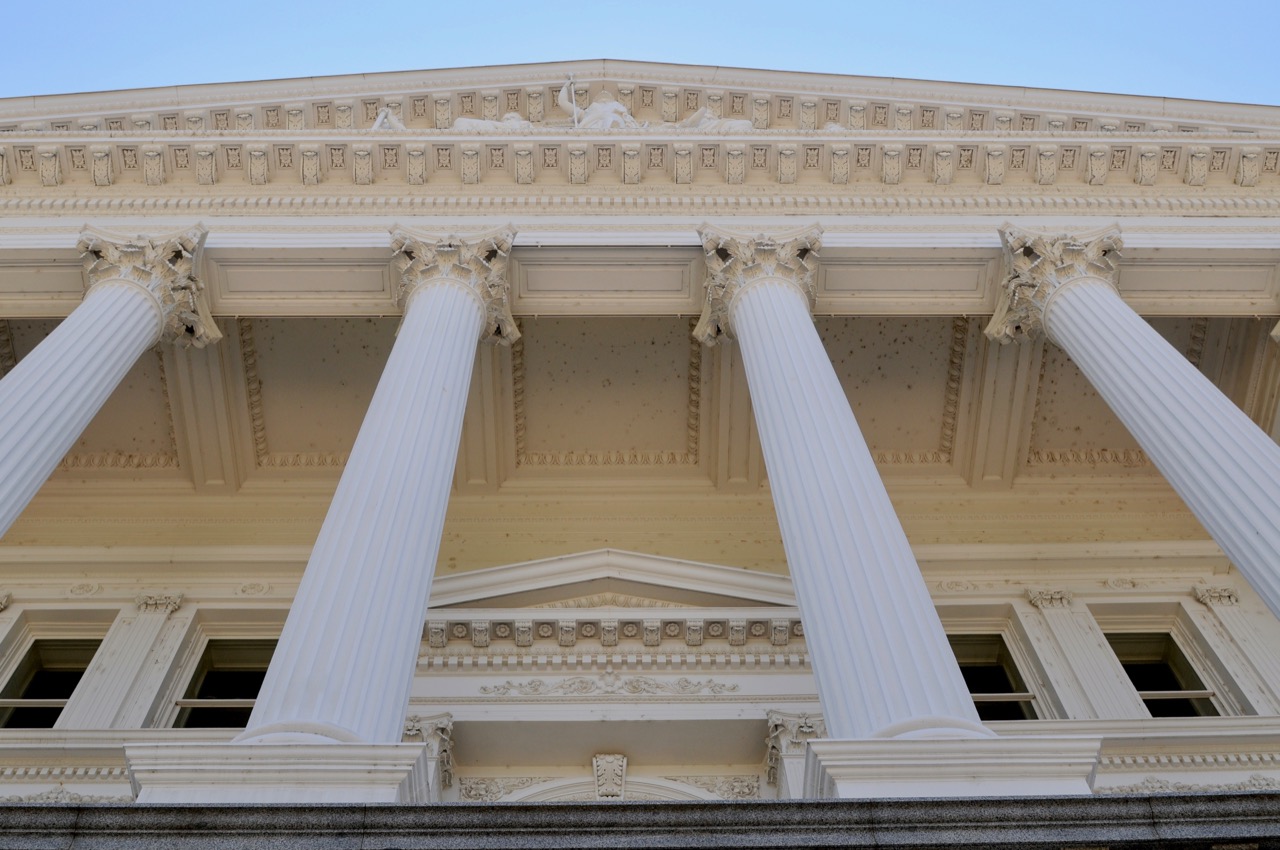
California State Assembly. (Photo: Kevin Sanders for California Globe)
Saving v. Grandfathering Clauses
They are both types of transitional provisions found in legislation
By Chris Micheli, January 31, 2023 7:04 am
What is the difference between a saving clause and a grandfathering clause? They are both types of transitional provisions found in legislation.
A saving clause is generally used to retain an existing right or authority that would otherwise be affected by a new law. In essence, the saving provision preserves the right or authority despite the new law’s amendment or a repeal of the former law.
On the other hand, the term “grandfathering” is defined by the California Office of Legislative Counsel as “a legal exemption whereby a situation is governed by an old law while a new law applies to all future, similar situations.”
According to other states’ bill drafting manuals, a saving clause is used to exempt existing rights, obligations, or procedures from a new law’s provisions, thereby limiting the application of the bill when it becomes law. Moreover, a saving clause provides a means to enforce rights or redress injury, or correct or modify an existing law when the existing remedy is inadequate.
A grandfathering clause is a form of a saving clause that makes a statutory change inapplicable to persons whose rights were established, or to situations that occurred, before the date of the law change. A grandfathering clause usually applies for a short period of time.
- What Information Has to Be on the LegInfo Website? - April 19, 2024
- New Assembly Bill Would Ban NDAs in Legislative Negotiations - April 19, 2024
- Frequently Asked Questions about California Bills Having Certain Provisions - April 19, 2024





grandfather clauses with regards to a city ordinance wanting fence heights to be four feet. mine is six and has been for almost forty years. nothing was said about it when home was purchased in1989. new ordinance went into effect in 2016. please help.